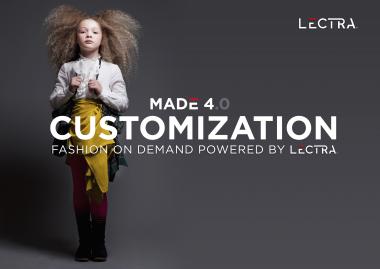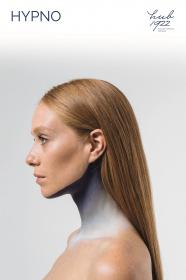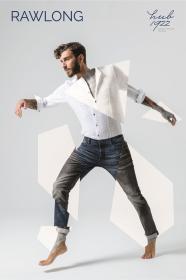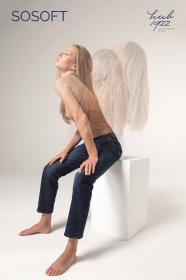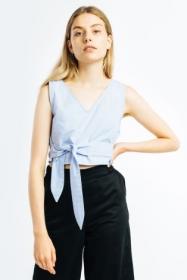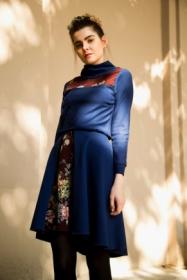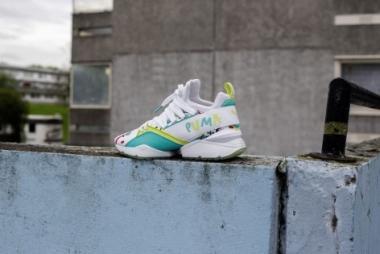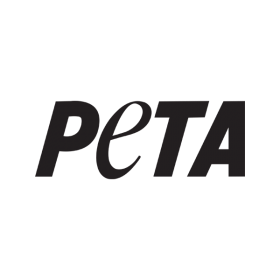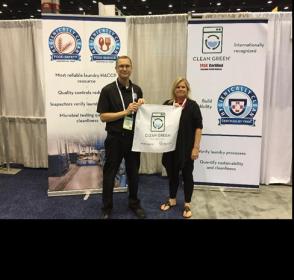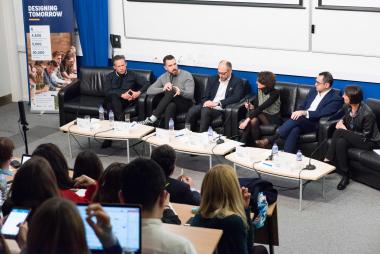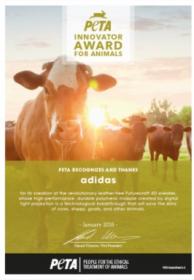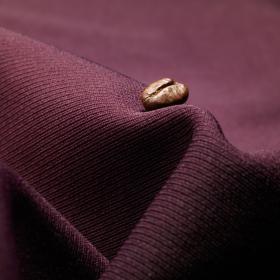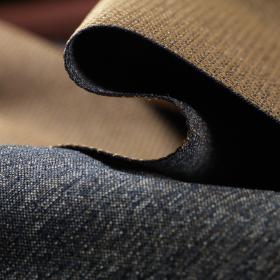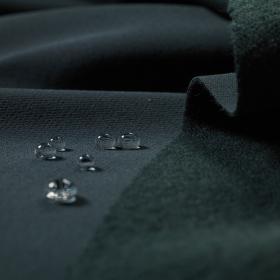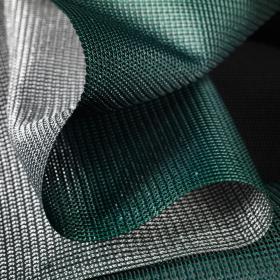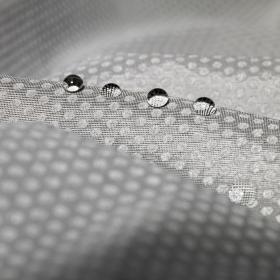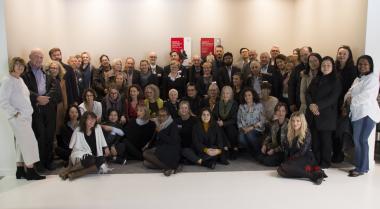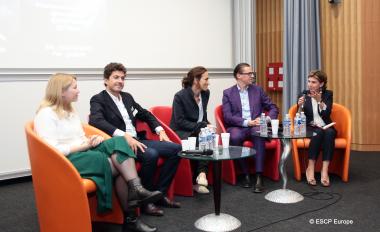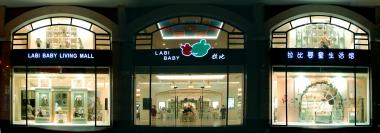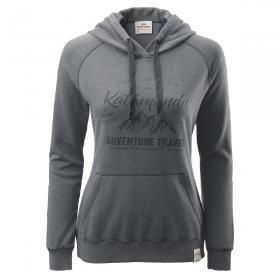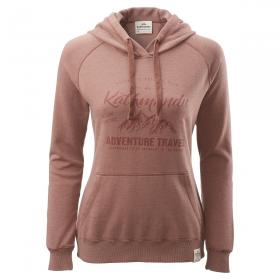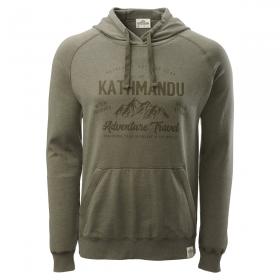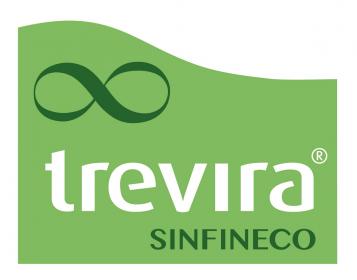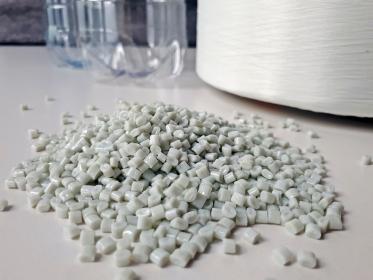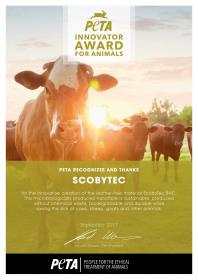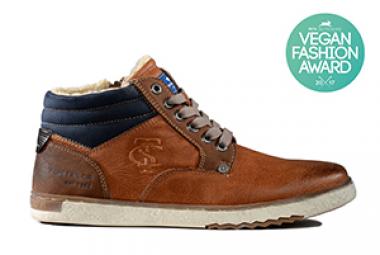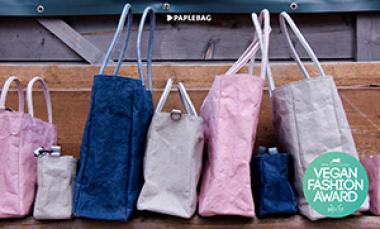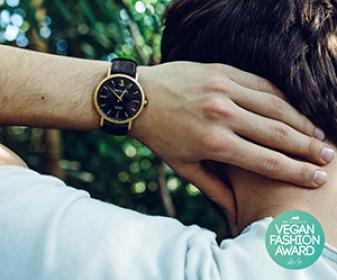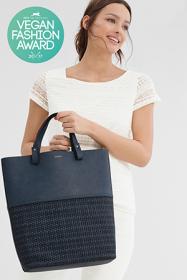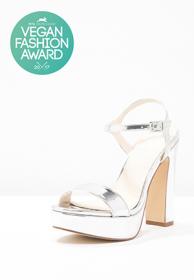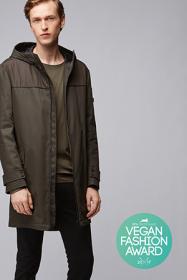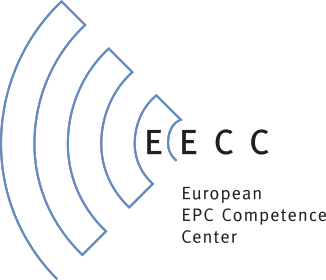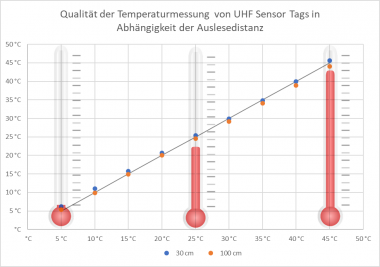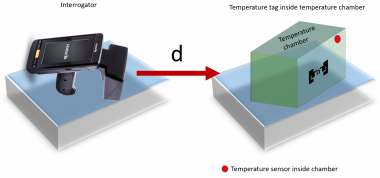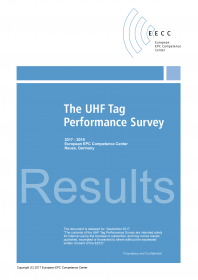Lectra makes History with ‘Fashion On Demand’, Fashion’s First End-to-End Personalization Offer
- Lectra provides fashion companies with breakthrough solution that enables them to personalize at ready-to-wear production speed
Paris – Lectra launches its ‘Fashion On Demand’ offer, empowering industry players to uncover new business opportunities brought about by the strong demand for personalization in the fashion industry. Lectra is enabling its customers to produce on demand for the first time ever with an end-to-end offer that automates the entire personalization process from product development to final cutting stages. ‘Fashion On Demand by Lectra’, based on Industry 4.0 principles, is a fruition of four years of R&D with a hundred-strong team of experts, as part of Lectra’s strategic roadmap announced in 2017. There will be a progressive global rollout starting from January 2019.
The digital revolution has prompted consumers to demand personalized products and experiences nowadays. This is an advantageous business model for fashion companies, as it allows them to accurately match supply with demand, and solve a host of problems that regular business models usually face. By simply knowing ahead of time what and how much their consumers want, companies can produce in precise quantities and avoid overstocking and markdowns. In addition, as consumers pay upfront for their orders it improves cash flow for businesses. Fashion companies can use personalization as a way to outshine their competitors and earn consumer loyalty, by offering one-of-a-kind products that make their customers feel exclusive.
While on-demand production is an attractive business model that presents little financial risk, today, fashion companies are encountering huge barriers to entry for this market. Without the savoir-faire and appropriate technology, many companies have to rely on their standard supply-chain infrastructure that lacks the flexibility to create and produce these products. As a result, they have to develop independent workflows for each product, incurring additional production costs, prolonging lead times and even jeopardizing their existing production lines. By having longer delivery times, they face the risk of upsetting their loyal customers who have paid premium prices for their personalized products.
‘Fashion On Demand by Lectra’, is a game changer for the industry. Drawing from 45 years’ experience of working with international retailers, manufacturers and brands, Lectra developed this offer to break down these barriers and empower fashion companies to meet the specific needs of their digitally savvy clientele with best-in-class solutions. ‘Fashion On Demand by Lectra’, available in the form of two packages, one dedicated to made to measure, and the other to customization, is a turnkey solution that automates on-demand production right from order reception to production development stages and the cutting room. Companies can define the product customization criteria and range for each item depending on the package (such as altering product characteristics for customization and pattern adjustments for made to measure) and launch production processes right from the get-go, without interfering with their standard workflows.
Empowering customers through industrial intelligence 2/2
“Personalization, or rather, on-demand production, is going to be an industry-wide phenomenon. It is hence Lectra’s duty, as an Industry 4.0 pioneer, to think ahead of time, and spearhead this movement. Keeping our customers’ best interests in mind, we’ve worked with renowned personalization specialists from different countries to develop this solution. With ‘Fashion On Demand by Lectra’ we’re doing the unthinkable. For the first time in the fashion industry, there will be a comprehensive personalization solution that will be able to perform under the same market conditions as the ready-to-wear segment and produce the same, if not better, results,” says Daniel Harari, Chairman and Chief Executive Officer, Lectra.
This disruptive offer gives fashion companies a 360°-view of the entire personalization process, providing them with the visibility to streamline multiple production processes and manage complex individual demands from custom order to cut piece. Thanks to the supply-chain flexibility that companies gain with this innovative Lectra solution, they will be able to expand their product range and offer more variety, be it womenswear, menswear or childrenswear, and appeal to a broader audience and jump on trends without interrupting their existing production processes. They will not have to waste time on consolidating and communicating information from one production stage to another. This ensures smooth process flows and hence, quick delivery times that can compete with those of standard products.
Lectra


